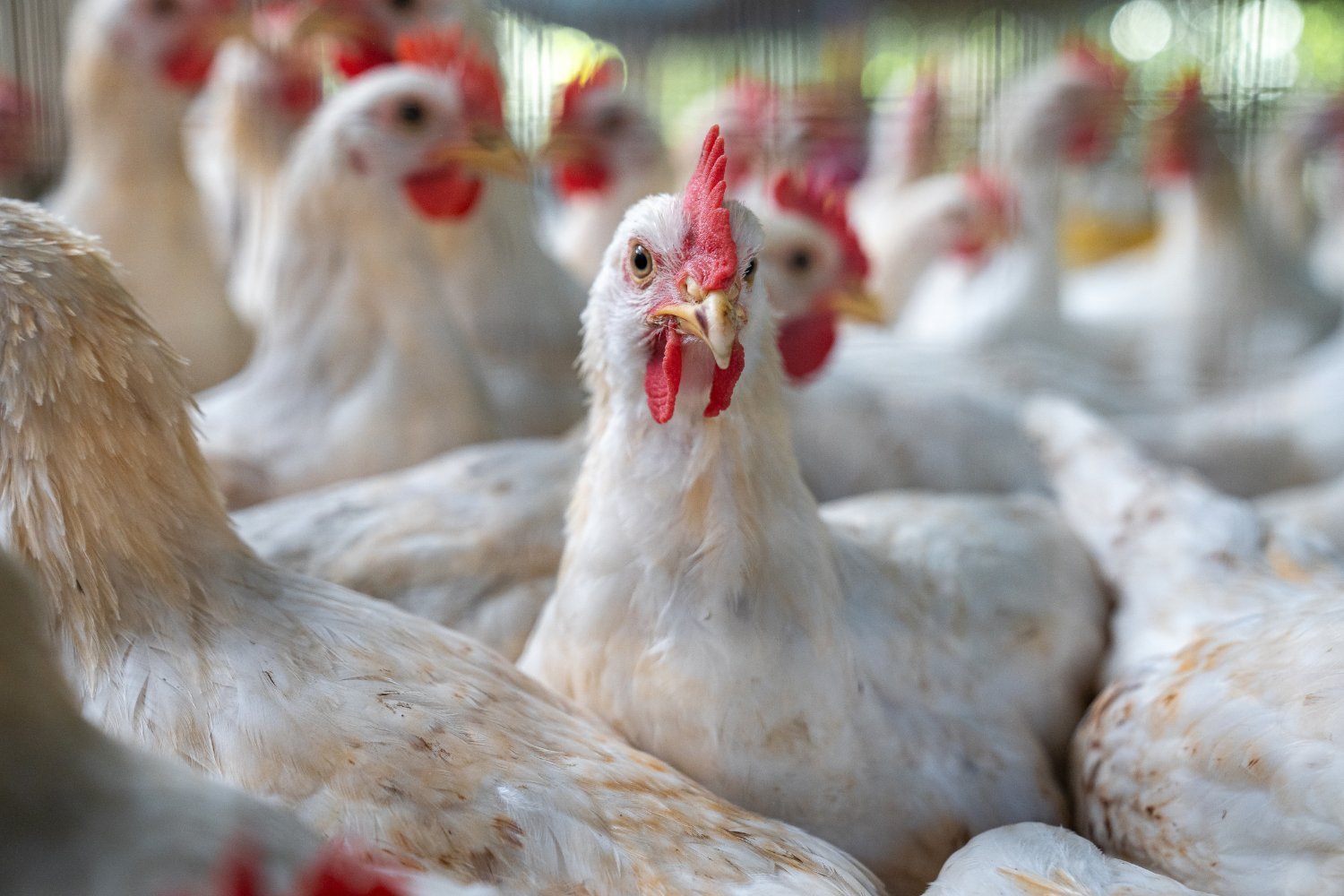Labrador Retrievers, known for their playful nature, share a surprising similarity with humans: a genetic predisposition to obesity. Recent research has identified specific gene variants associated with weight gain in both Labradors and humans, offering valuable insights into the complex mechanisms controlling appetite and energy balance.
Researchers at the University of Cambridge analyzed body fat, “greediness” levels, and saliva samples from 241 Labradors. By comparing genetic information with body fat percentages, they pinpointed key genes linked to canine obesity. One particular gene variant, rs24430444 within the DENND1B gene, stood out. Labradors with this variant had approximately 8% more body fat than those without it. While other genes were also identified, the DENND1B variant exhibited the strongest correlation with obesity.
This discovery has important implications for humans, as DENND1B, along with four other genes linked to canine obesity in the study, are also implicated in human obesity. These genes play a role in the brain’s leptin melanocortin pathway, a neural network regulating energy balance. The study, published in Science, highlights the shared genetic underpinnings influencing obesity in both species.
The research also revealed a correlation between genetic predisposition and appetite. Dogs with the obesity-linked gene variants exhibited increased food-seeking behavior, mirroring observations in humans with similar genetic predispositions. This suggests that genetic factors can influence appetite, potentially requiring greater conscious effort to maintain a healthy weight.
While these genetic findings provide valuable insights, they don’t offer immediate solutions for weight-loss drugs. The genes involved control vital biological processes, making direct intervention risky. However, the study emphasizes the critical role of brain pathways in regulating appetite and body weight.
Encouragingly, the research demonstrated that even dogs with the DENND1B variant could maintain a healthy weight with a strict diet and exercise regimen, albeit requiring more effort from their owners. This suggests that genetic predisposition doesn’t predetermine obesity; lifestyle interventions can effectively counteract genetic influences.
This study underscores the genetic similarities between dogs and humans, providing a unique opportunity to understand the complex interplay of genetics and lifestyle in obesity. By studying dogs, researchers gained insights into the role of DENND1B in controlling appetite and energy expenditure, potentially paving the way for more effective strategies to manage obesity in both species.
In conclusion, the research highlights a shared genetic predisposition to obesity in Labradors and humans. While genetic factors play a role, lifestyle interventions like diet and exercise remain crucial for maintaining a healthy weight, even in individuals with a genetic predisposition. The findings also emphasize the importance of continued research into the genetic mechanisms governing appetite and energy balance.











